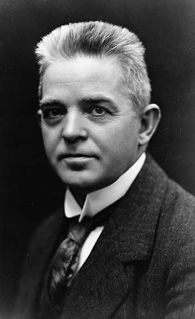This playlist covers Saint-Saëns's exceedingly long career, from 1851 to 1921. When he wrote his first symphony at 16, Chopin and Mendelssohn were still in their prime, by the time he composed his final work in 1921, Irving Berlin was writing All By Myself for jazz singers and Edgard Varèse had finished Amériques. The music world changed thoroughly, more than once, during Saint-Saëns's lifetime, but it's almost impossible to find any trace of those changes in his music. Maybe conservatism lifted Saint-Saëns from the ranks of greatest composers, but if you are tired of music that are rooted in existential angst, he is a perfect composer for you. In his best works, like the delightful piano concertos, he proves that perfect form and superlative craftsmanship can produce wonderful music without philosophy.
I compiled a playlist for his Opus 1-169, after this Wikipedia page. It also includes important works without opus number, like the two unnumbered symphonies and arguably his most famous work, The Carnival of the Animals, which was not published in full until after his death – reportedly because Saint-Saëns feared it would affect his reputation as a serious composer. The two symphonies are very enjoyable, a Mozartean elegance runs throughout the first one, and Symphony "Urbs Roma" is powered with a Schumannesque impulse, which can hardly be found in Saint-Saëns's mature works.
Here's the Spotify playlist: Camille Saint-Saëns: Complete Works with Opus Number (329 tracks, total time: 1 day). Works without opus number are integrated in their chronological places, so the whole playlist is in chronological order. Ctrl (CMD)+G to browse in album view. All tracks are available on Spotify UK, and all but a few minor works are available on Spotify USA.












